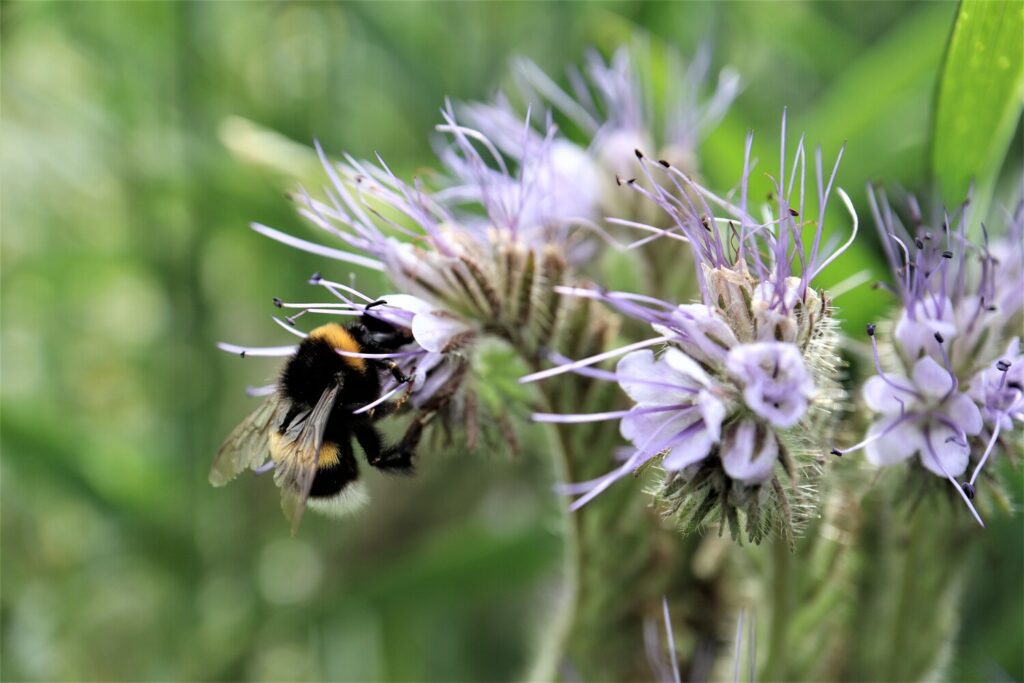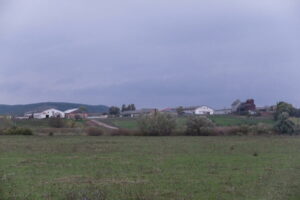Joint statement on the revision of the sustainable use of pesticides directive
The European Commission started to revise its rules on the sustainable use of pesticides (SUD) in the framework of the Farm to Fork Strategy. An updated version of the current SUD directive is expected to be published later in March.
This revision process will be key to achieve the Farm to Fork Strategy’s target for a reduction of pesticide use by 50% by 2030 and to embrace the much needed transition towards more sustainable farming practices. However, so far the leaked draft of the new SUD regulation shows a strong lack of ambition, giving Member States numerous possibilities to avoid the objectives set in the Farm to Fork Strategy. Even though some improvements are made, the legislative proposal lacks the change in mindset that the EU needs to considerably reduce the use of pesticides in farming practices.
Key elements for the new regulation
Together with more than 70 organisations, the Biodynamic Federation Demeter International addressed a joint statement to the European Commissioner for Health and Food Safety (DG Santé), Stella Kyriakides, and to the Commission’s vice-president, Frans Timmermans, to express our concerns and to call for an ambitious regulation towards a pesticides-free world.
We urge the Commission to consider the following elements in the new regulation:
- Set the transition to agroecological practices and a pesticide-free future as a clear objective.
- Establish truly ambitious and legally binding reduction targets at both European and national level in the use and risk of synthetic pesticides, and to immediately ban the use of more hazardous pesticides.
- Maintain the aim for Member States to reduce dependence on the use of pesticides, as well as the need to promote the mandatory application of Integrated Pest Management (IPM), organic farming, non-chemical methods.
- Upgrade the definition of IPM. While the current legislation rightly makes reference to the need for the least possible disruption to agro-ecosystems, the way IPM is currently defined leaves too much room for destructive practices. Instead, the regulation must strengthen the definition by making the application of agroecological practices mandatory to achieve pesticide use reduction targets.
- Require that National Action Plans drafted by Member States be reviewed and approved by the Commission and an expert group consisting of independent and environmental scientists and civil society to ensure transparency and independent scientific advice.
- Exclude the incentivisation of precision farming and genetic engineering techniques, which will only maintain an industrial farming model and structural dependency on pesticides.
- Ban the use of highly damaging practices, such as aerial spraying, seed coating, calendar spraying, the use of drones, and the use of synthetic pesticides in residential areas and areas frequented by children, without any exceptions.
- Ensure public access to adequate statistics on pesticides to monitor their use and effectively measure progress made on the binding targets.
- Ensure that the budget of the Common Agricultural Policy is used to drive the transition towards agroecology.
- Change the name of the proposal: the name “Regulation on the Sustainable Use of Plant protection products” is a euphemism that uses biased terminology introduced by the pesticide industry. The use of synthetic pesticides is simply not sustainable.
Contact: Clara Behr, Head of Policy and Public Relations
clara.behr@demeter.net
Brussels, 28.02.2022



